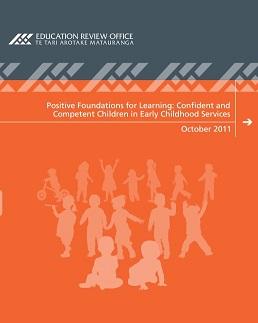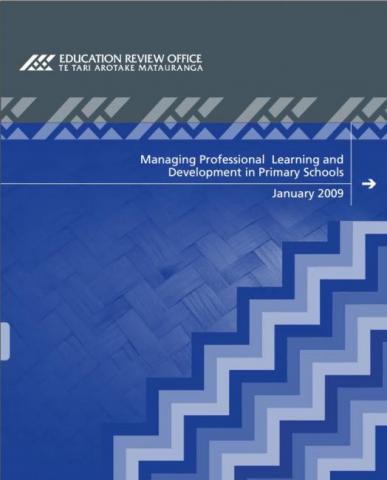Positive Foundations for Learning: Confident and Competent Children in Early Childhood Services
Published: 30 Oct 2011
This report discusses the areas of strength, and areas for development that ERO found. It also describes the practices of specific service types - Playcentres, kindergartens and education and care services - in supporting children’s social competence, and understanding of appropriate behaviour.
- Audience:
- Early learning
- Parents
- Content type:
- Research
- Topics:
- Social and emotional competence
- Early Childhood Education (ECE)
- Regulatory frameworks
- Professional capability




